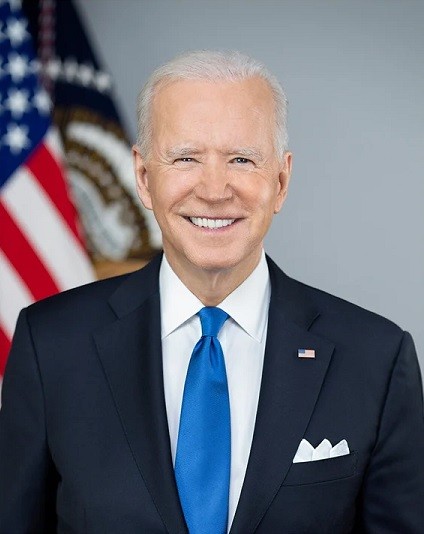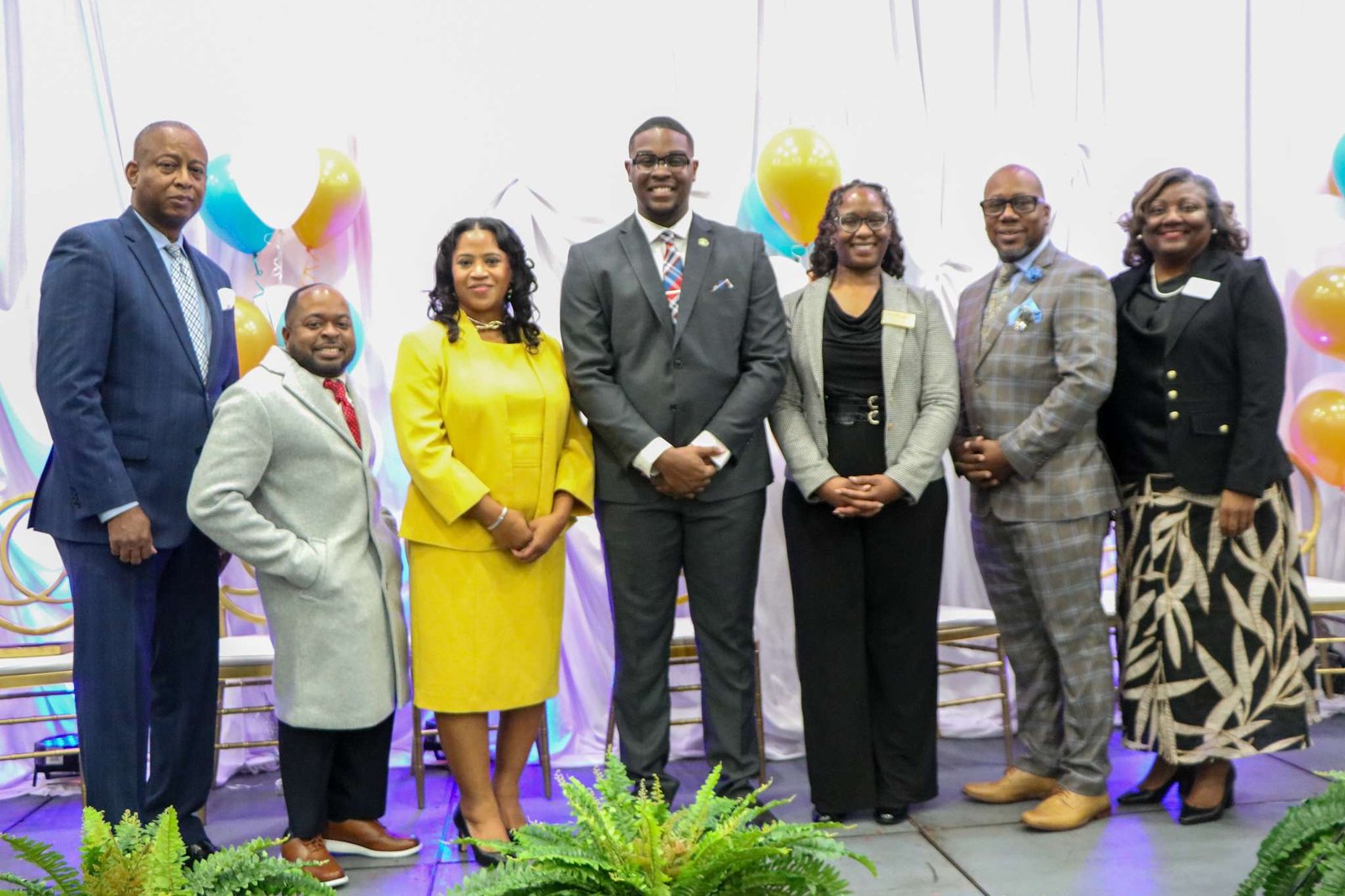
By Milton Kirby | Washington, DC | December 12, 2024
In a historic move, President Joe Biden has granted clemency to nearly 1,500 Americans, the largest single-day grant in modern history. This action includes commuting the sentences of close to 1,500 individuals placed on home confinement during the COVID-19 pandemic and pardoning 39 individuals convicted of non-violent crimes. These individuals have demonstrated successful rehabilitation and a strong commitment to making their communities safer. The White House said, “the 1,500 people had been serving long prison sentences that would have been shorter under today’s laws and practices.”
A Historic Day for Clemency
This unprecedented act builds on President Biden’s commitment to criminal justice reform, aiming to reunite families, strengthen communities, and help individuals reintegrate into society. At this point in his presidency, Biden has issued more commutations than any of his recent predecessors. Notably, he is the first president to grant categorical pardons for simple marijuana possession and for certain LGBTQI+ service members convicted due to their sexual orientation.
Who Received Clemency?
The individuals granted clemency today include:
- A decorated military veteran and pilot who helps church members with health challenges and strenuous tasks.
- A nurse who led emergency response efforts during natural disasters and spearheaded COVID-19 vaccination campaigns.
- An addiction counselor who volunteers to mentor young people, helping them avoid destructive behaviors and gang involvement.
As President Biden has often stated, the United States is a nation of second chances. Through clemency, he seeks to advance equal justice under the law and remedy the harms caused by outdated practices.
Commutations and Pardons in Detail
The nearly 1,500 individuals receiving sentence commutations have been serving time on home confinement under the CARES Act for at least one year. They have shown their commitment to rehabilitation by securing employment, pursuing education, and reintegrating into their communities. The 39 individuals granted pardons were convicted of non-violent crimes, including drug offenses, and have since turned their lives around. These recipients are parents, veterans, healthcare professionals, teachers, and advocates who use their experiences to inspire others.
President Biden’s Clemency Record
President Biden has consistently used his clemency power to address injustices and provide second chances. Key clemency actions throughout his administration include:
- April 2022: Granted clemency to individuals with drug-related offenses and those on CARES Act home confinement, including three pardons and 75 commutations.
- December 2022: Pardoned six individuals with drug- and alcohol-related offenses.
- April 2023: Issued 31 commutations to individuals on CARES Act home confinement.
- December 2023 & April 2024: Pardoned 11 individuals and commuted 16 sentences for non-violent drug offenses.
These actions have positively transformed lives by addressing barriers such as housing, employment, education, and healthcare often faced by those with federal convictions.
Categorical Clemency Actions
In addition to individual clemency, President Biden has taken bold steps with categorical clemency:
- October 2022: Issued a full pardon for simple possession of marijuana.
- December 2023: Expanded marijuana-related pardons to include attempted possession and use offenses.
- June 2024: Granted categorical pardons to former service members convicted of offenses based on consensual, private conduct related to their sexual orientation between 1951 and 2013.
These systemic actions have inspired states like Maryland and Massachusetts to follow suit, granting categorical clemency for marijuana convictions and helping individuals rebuild their lives.
Moving Forward
While today’s announcement marks significant progress, President Biden’s work is far from over. The administration will continue reviewing clemency petitions to advance equity, justice, and public safety. By promoting rehabilitation and reentry, the President reaffirms his belief in second chances and the transformative power of justice reform.








